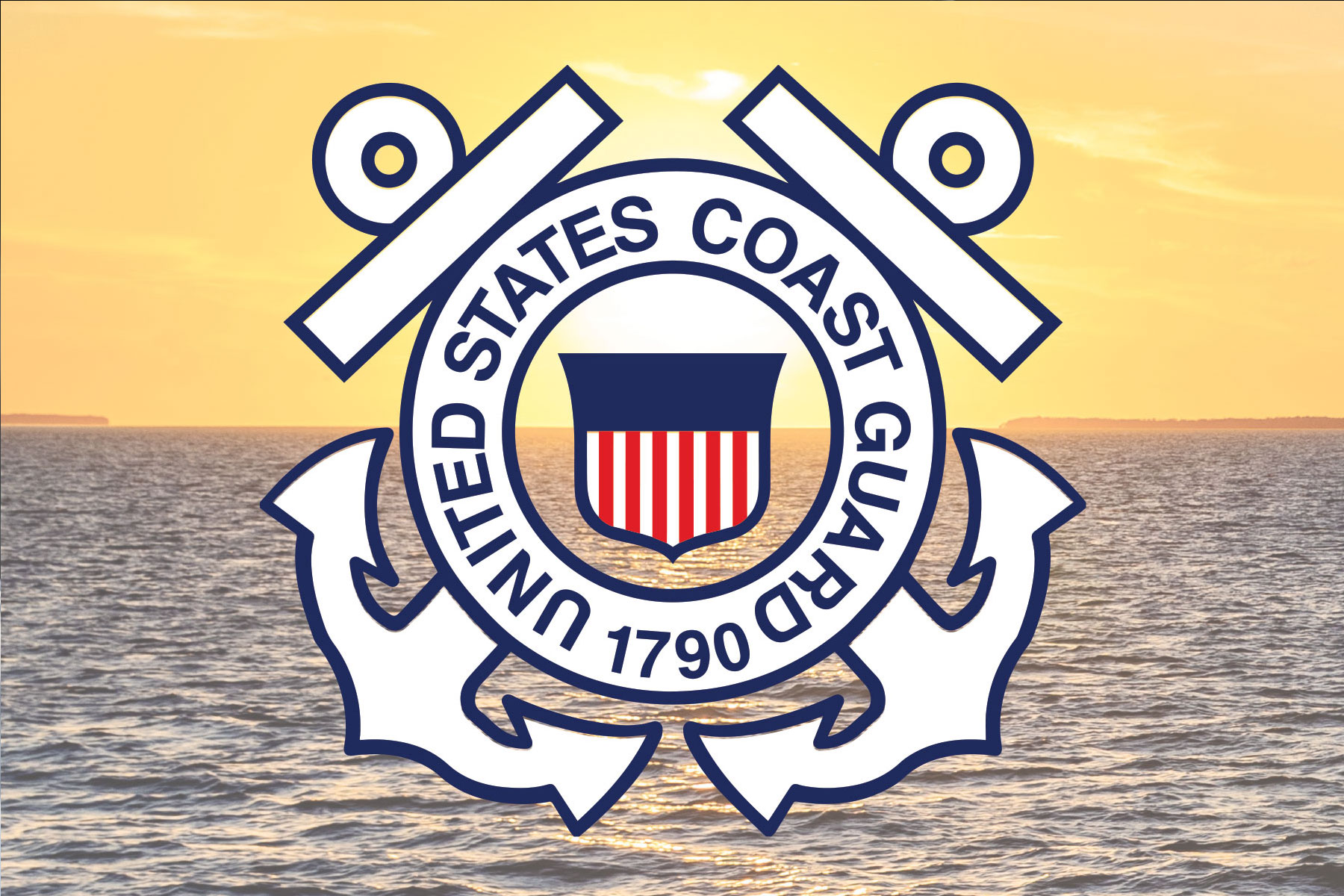The language of boating jargon has a logical purpose—shorten phrases into single words of uniformity that can be clearly communicated—and understood—by anyone involved in the navigation or tending to of the vessel.
Here’s an example: Which of these nautical phrases is easiest to understand? Telling someone to put the boat on plane? Or instructing them to push the throttle just fast enough to raise the bow so the hull glides across the water?
The first choice is the correct answer. Memorizing the entire Webster’s Dictionary is unnecessary for daily life, and the same goes for the dictionary of nautical terms. Many are centuries old and apply to sailing and piloting ocean-going ships. There are basic terms, e.g., port and starboard, that are worth learning for both safety and clarity.
Before you are taken aback by all the jargon (careful, “taken aback” means halted by a sudden shift of wind), learn the basics with these terms that can be used in everyday boating.


